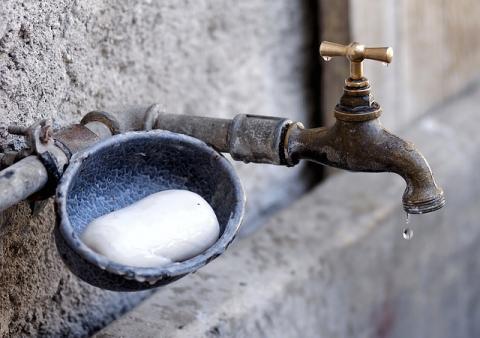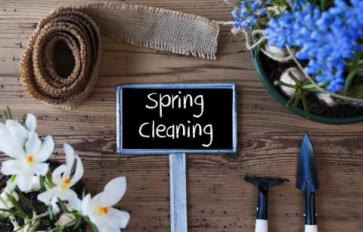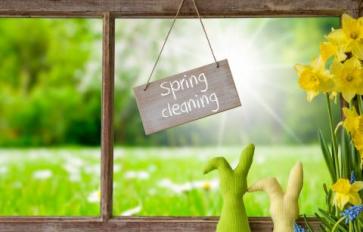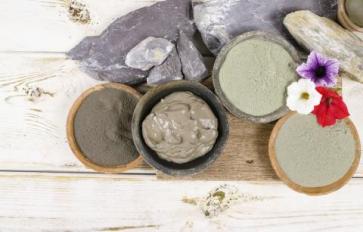
When flu season arrives, many people around you will start to get sick. Normally, you’d head to the nearest store and stock up on antibacterial gels and sanitizing wipes, but this could be a mistake. Studies show that these items offer no more protection than a traditional (non-antibacterial) soap-and-water hand-wash. Furthermore, many can create scenarios that actually lead to health problems down the line.
Antibacterial products are loaded with a chemical called Triclosan. First introduced in the 1970s as a hospital sterilizer, Triclosan has now made its way into practically every product – even pizza cutters (apparently, everyone’s ordering a deep dish topped with germs). However, many studies are now showing that Triclosan is no better than non-antibacterial soap and water, and can even pose several risks. Here are three reasons to stick to the traditional soap–and-water method:
Triclosan has been known to alter hormone activity, and can even heighten immune disorders such as allergies and asthma. Some studies even suggest that it weakens cardiac and skeletal muscles if it’s used in mass quantities.
Antibacterial products also breed resistant bacteria. Think about it: your hands are always going to be exposed to germs and other microscopic nasties. Using the same kind of chemical to regularly kill these germs is going to have the same effect that certain antibiotics have on viruses. Eventually, viruses grow powerful enough to resist these antibiotics, making them null and void in the health protection sector.
The germs on our hands are no different. Constantly killing them with Triclosan is eventually going to make them stronger, and before long, these sanitizing gels and wipes will be doing next to nothing in the fight against disease.
Non-antibacterial soap, on the other hand, has never been known to breed resistant bacteria. In most circumstances, soap can actually destroy germs wherever or whoever you are, so long as you don’t dry your hands with an overused rag or on your pants (you’re likely to “earn all your germs back” that way).
Things like antibacterial soaps also pose hazards to the environment. Consistent use of these soaps means a lot of Triclosan is going to swoosh down the drain, and potentially wind up in sewers, which lead to rivers and lakes. Triclosan can harm local ecosystems and threaten birds and wildlife. Some studies also suggest that it can prevent algae from performing photosynthesis naturally.
By contrast, soap breaks down with little effort, and doesn’t contain harmful chemicals. Combined with water, it merely becomes part of a “bigger picture;” a vast liquid that drains and disappears normally.








